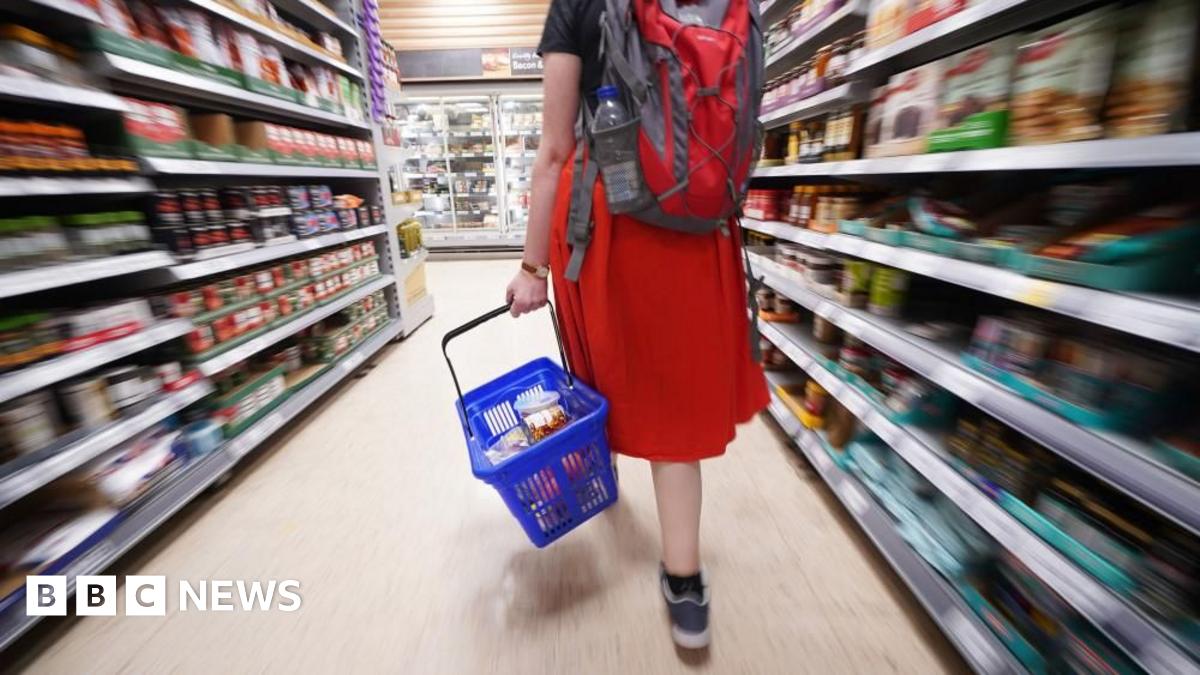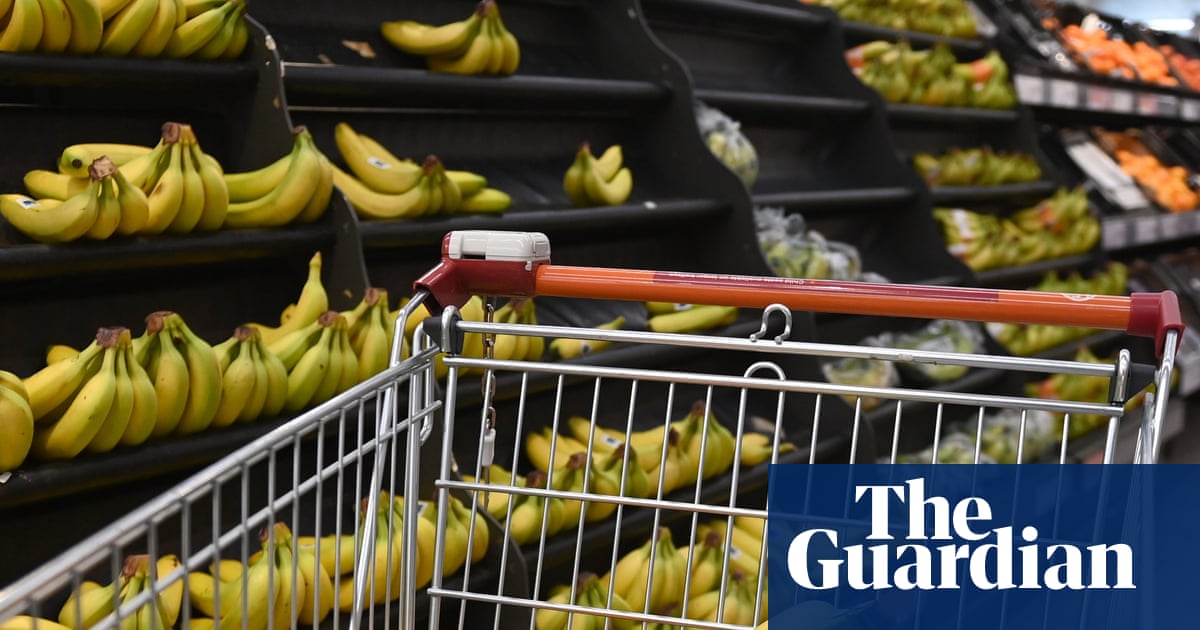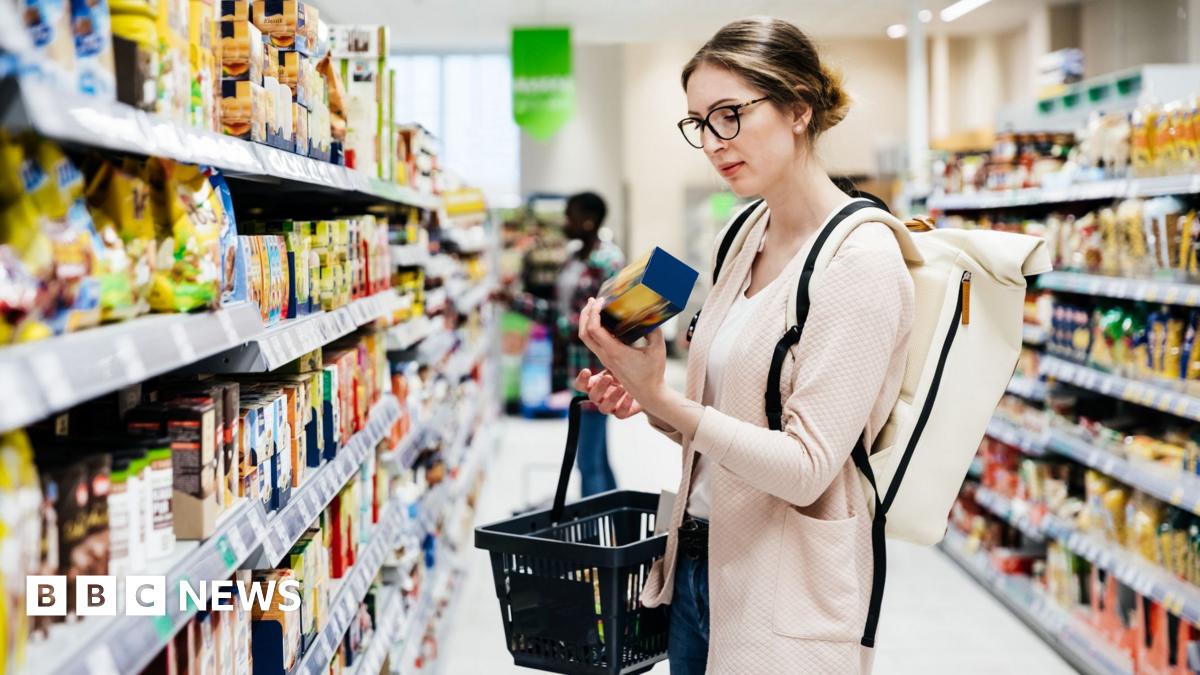T4K3.news
Food prices rise 4% driven by increased meat and tea costs
Food prices have surged by 4% in the year to July due to rising costs for meat and tea, affecting families.

Food prices rose by 4% in the year to July as meat and tea prices soared.
Food prices rise due to increased meat and tea costs
The British Retail Consortium reported that food prices increased by 4% in the year leading up to July. While inflation for fresh food remained steady at 3.2%, the cost of cupboard essentials rose to 5.1%. According to Ms. Dickinson, families are feeling the pinch from higher bills as wholesale costs for staples like meat and tea are influenced by reduced global supplies. Andrew Keeble, managing director of Heck Sausages, noted that the price of chicken has increased significantly, from £2.85 to £5.50 per kilo, due to issues like avian flu and lower chicken availability in production.
Key Takeaways
"Staples such as meat and tea were hit the hardest as wholesale prices have been affected by tighter global supplies."
Ms. Dickinson highlights the impact of global supply issues on essential food prices.
"There is a perfect storm of factors driving up the price of beef and chicken in particular."
Andrew Keeble describes the unique challenges facing the meat industry.
"This is now actually coming through, and that's why you're seeing those increases."
Mr. Keeble explains how rising costs are beginning to affect shoppers.
"We fully support reducing stock intensity, but it limits supply and drives prices up."
Mr. Keeble discusses the implications of managing livestock numbers on prices.
The recent surge in food prices reflects deeper trends in the global supply chain. As companies struggle with rising costs due to environmental factors and supply shortages, consumers bear the burden of these increased expenses. The situation emphasizes the frailty of food systems that are vulnerable to disease outbreaks and diminishing stock levels. As families continue to confront escalating costs, the broader implications for economic stability and household budgets could be significant.
Highlights
- Rising food costs put pressure on household budgets.
- Chicken prices are soaring, doubling in just two years.
- Supply chain issues mean fewer chickens and higher prices.
- Families are feeling the pinch from soaring food costs.
Rising food prices causing budget strain
The significant increase in food prices due to rising costs of meat and tea may lead to financial strain on families and potential backlash against retailers and suppliers.
These ongoing price challenges highlight the need for sustainable food production practices.
Enjoyed this? Let your friends know!
Related News

July food prices rise 4%, impacting retail

UK inflation hits 3.6% as food prices continue to rise

U.S. inflation rises as tariffs influence prices

UK inflation rate rises to 3.6% in June

Sainsbury's remains most expensive supermarket for essentials

Beef prices reach record highs

Jim's South St. considers price hikes for cheesesteaks

Federal Reserve forecasts inflation rise and slow growth for 2025
